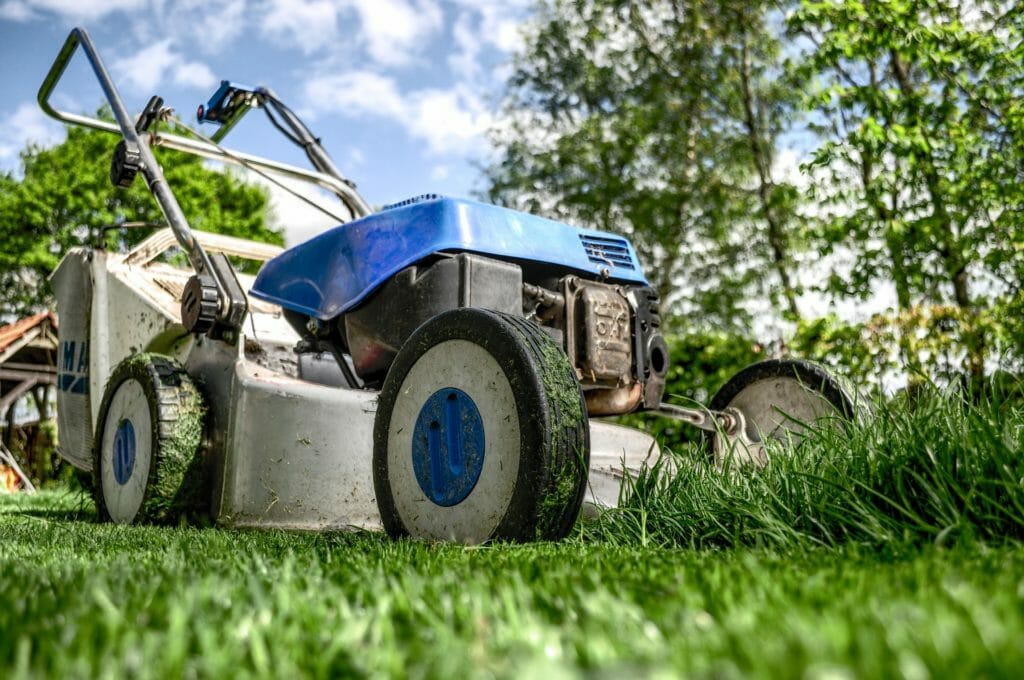Every HOA has a set of governing documents, which includes CC&Rs, Bylaws, Articles of Incorporation, and other rules and regulations made by the community. HOA members understand that they are expected to maintain their homes and abide by the specific rules and guidelines, but it’s hard to follow every single rule all of the time.
If a member of the association breaks one of the rules, it is up to the HOA board members to resolve the issue. As such, homeowners may receive a violation notice from the HOA board. Typically, a violation notice will include details about the offense, how to correct it, and other information regarding fees, fines, and the deadline to respond to or fix the issue.
Exactly how an association sends and resolves violations may vary depending on the HOA’s governing documents. Some communities will have stricter guidelines when it comes to managing HOA violations, while others may take a more lenient approach. Either way, violations cannot be ignored. If there were no consequences for breaking the rules, then no one would feel obligated to follow them in the first place.
Types of violations
Violations will vary depending on the HOA’s governing documents, but some of the more common ones include:
- HOAs are responsible for how a community looks, so most create rules about overgrown lawns, weeds and unkempt exteriors
- There may be a limit on how many and what type of motor vehicle a homeowner can have on their property, and where those vehicles can be parked
- Some HOAs have rules about subletting homes. Owners may require written permission before they can rent out their home, and they may have to join a waitlist if there is a limit on how many people can rent out their property
- There may be penalties for throwing certain items into community dumpsters. It might also be against the rules to put trash cans out too early, or keep them out too long (garbage can attract pests and garbage cans make a neighborhood look rundown)
- Exterior storage. Homeowners may have to deal with limits on what types of equipment they can store outside. For instance, they might have to keep bicycles out of view
- Don’t be surprised if there are restrictions about where pets can and can’t walk. Most HOAs usually require dogs to be kept on leashes, and owners must pick up after their pets. There might also be a limit on how many pets a homeowner can have, along with limits on specific breeds and sizes
- Noise: HOAs create rules that restrict loud noises between specific hours
- Holiday decorations: Christmas lights in June? Most HOAs won’t allow it. Some community rules include specifications on when decorations can be displayed, and how big the decorations can be
- Design changes: HOAs often have strict rules about changing the appearance or structure of a home. Simple things like painting the house, adding a patio or deck, or even installing a new mailbox usually require written approval from the association
Consequences for breaking the rules
When someone breaks a rule for the first time, they may only receive a warning. But if a violation has been committed numerous times, the homeowner may need to pay a fine. Consequences become more severe if the owner ignores initial notices. Penalties will depend on the specific language used in the community’s rules, bylaws, and CC&Rs. Some consequences may include:
- A predetermined fine. Owners may be assessed a new fine each day that the issue is not resolved
- An inspection of an owner’s property to confirm if the owner is breaking any rules
- A suspension of the rule-breaking owner’s right to use the common facilities
- Legal action. The HOA may sue an owner who violates any restriction, covenant, or rule. Note that the association could hold the homeowner responsible for any attorney’s fees or costs incurred by the HOA in enforcing a rule
- A lien on an owner’s property. If someone owes enough in fines, the HOA might be able to put a lien on their home, meaning that their title to the property won’t be clear until the debt is paid
Is there a duty to enforce violations during the pandemic?
The reality is that rules, the obligation to follow those rules, and the board’s obligation to enforces rules do not go away just because of COVID-19. Rules are put in place to protect homeowners, and to protect the association. If rules are not followed, the value of the development as a whole, and each of the properties within the community, may drop.
However, some enforcements may be more urgent than others. While there is an obligation to maintain the HOA right now, boards should take caution when enforcing violations. We’re all struggling to get through this difficult situation, and kindness and compassion will be appreciated by homeowners.
Take a “balanced response” approach
HOAs may have seen a recent spike in complaints about noise, landscaping or parking. Everyone is being asked to stay home, which means homeowners may not be able to perform certain tasks, such as weeding or painting, right now. We may also be seeing (or hearing) a lot more of each other, and this can become frustrating.
Boards should comply with the duty to enforce violations, but they should also consider relaxing compliance timelines. So, if homeowners are usually expected to paint their home within a month of receiving a violation notice, give them a month after the stay-at-home order has been lifted.
Make sure to follow standard notification procedures (within reason), and don’t give preferential treatment to any homeowner. It would be pointless to send a second violation letter to a homeowner right now who already received a notice about cutting their lawn, but who has also been permitted to deal with it after the pandemic has subsided. You may have to make temporary changes to your violation tracking and management processes.
Any violations that endanger a homeowner or the property need to be addressed promptly. Avoid legal action if possible as this can be a costly step to take, but if it becomes necessary then connect with your lawyer.
Dues and assessments
Some homeowners may be unable to pay monthly dues or assessment fees. Many people have been laid off or are working limited hours because of social distancing requirements and stay-at-home orders.
HOAs are being encouraged to continue with fee collection. Each owner is legally obligated to pay assessments, and the board doesn’t have the legal authority to waive them. It can, however, suspend late fees and interest on a case-by-case basis.
If payments haven’t been received, do send a reminder and collection notices to association members. Send the notice by registered mail, if necessary, so that the association has a record of sending out the notice. This preserves the board’s right to enforce in the future.
Furthermore, boards are encouraged to work with their community and ask homeowners to reach out if they are having financial issues Try to figure out a reasonable payment plan. Again, avoid being aggressive or threatening. Keep the lines of communication open and try to help your community. Don’t exceed your authority.
Minimizing violations
To reduce violations, boards should ensure that homeowners have a way to access and read the HOA’s governing documents. The more they understand the rules, the less likely they are to break them.
Make sure to update homeowners when new rules and guidelines are passed. And most importantly, communicate with the people who live in your community. Strong communication with the board, your neighbours, and other community partners will eliminate most misunderstandings and problems.
Violation Tracking
Learn more about our violation tracking & management feature



